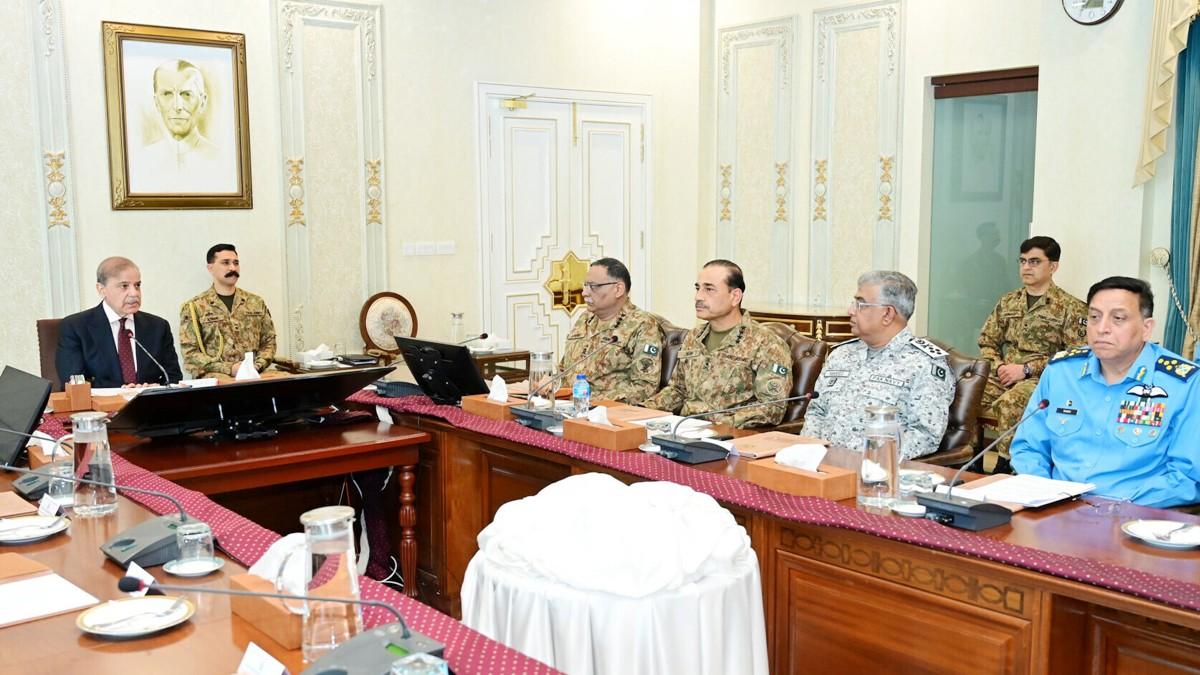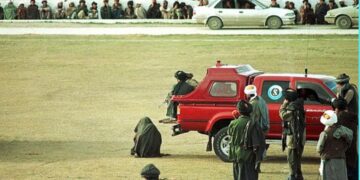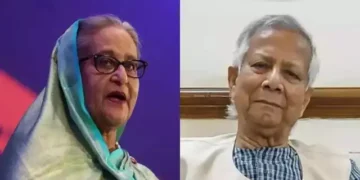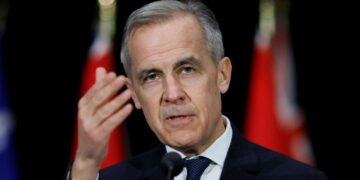In a rapidly changing situation in South Asia, Pakistan’s National Security Committee (NSC) has publicly approved its armed forces to take “appropriate countermeasures” in response to India’s recent military assault, known as ‘Operation Sindoor’. The action marks a turning point in the already fragile relations between the two nuclear-armed neighbours.
NSC Meeting Held Under PM Shehbaz Sharif’s Leadership
The decision to authorize retaliatory action was taken during an emergency meeting of Pakistan’s National Security Committee, held on Wednesday. The high-level gathering was chaired by Prime Minister Shehbaz Sharif and attended by key civilian and military leadership, including the chiefs of armed forces and intelligence agencies. The conference occurred within hours of India’s cross-border offensive, and discussions reportedly focused on civilian casualties and violations of Pakistan’s sovereignty.
According to Pakistan’s major English-language newspaper Dawn, the NSC sharply criticised the Indian strike, calling it a direct and unlawful act of aggression.
Pakistan’s position: sovereignty breached, right to self-defence exercised
In an official statement made following the NSC meeting, the Pakistani government said categorically that India’s activities constitute “blatant aggression” and a “clear breach of its sovereignty.”
The statement highlighted Pakistan’s right to protect its territory and nationals under Article 51 of the UN Charter. The NSC declared that the Pakistani armed forces are now empowered to “respond at a time and place of their choosing”, suggesting the possibility of a well-calculated and potentially forceful retaliation.
Read More: Bangladesh Stock Market Feels the Heat of India-Pakistan Tensions
The statement further read:
“The entire Pakistani nation stands united behind its armed forces, appreciating their courage, sacrifice, and timely response in defending the motherland.”
Casualties and Damage Reported in Pakistan
The aftermath of the Indian offensive has already resulted in significant casualties. According to Dawn, at least 26 Pakistani nationals were killed and another 46 injured during Tuesday night’s missile strike carried out under ‘Operation Sindoor’. Pakistani authorities have not fully released the facts of the strike, which targeted various facilities. Hospitals in affected areas are allegedly overburdened, and emergency services are on high alert.
Pakistan claims to have shot down Indian aircraft
In a related event, Pakistan’s military spokesperson, Lieutenant General Ahmed Sharif Chaudhry, made a daring claim: the Pakistan Air Force successfully shot down five Indian fighter jets and one combat drone during or immediately after the operation. While this assertion has not been independently corroborated, it indicates that some kind of aerial engagement may have occurred, raising concerns about further escalation.
Officials from Delhi’s strategic South Block have pointed to the recent incident in Pahalgam, in Indian-administered Kashmir, where Indian soldiers were killed in a militant ambush. New Delhi accuses Islamabad of providing “uninterrupted patronage to terrorism” and says the cross-border operation was a “necessary and proportionate response” to demolish terrorist infrastructure.
We are seeking regional and international reactions
As tensions escalate, the world community closely monitors the situation. Regional observers warn that further military clashes between the two countries could deepen the subcontinent’s crisis. Diplomatic efforts by the UN, the US, and China may be required to defuse the situation before it deteriorates into a full-fledged confrontation.
Conclusion: A Tensed Standoff with High Stakes
With Pakistan now publicly authorising military reprisal and India holding firm on its preemptive strike, military action along the Line of Control (LoC) and elsewhere is likely to increase in the coming days. The attention now moves to how Pakistan’s response will take shape—and whether diplomatic initiatives can control the damage from this rapidly growing crisis.
Source: Jamuna TV
Share via:


















